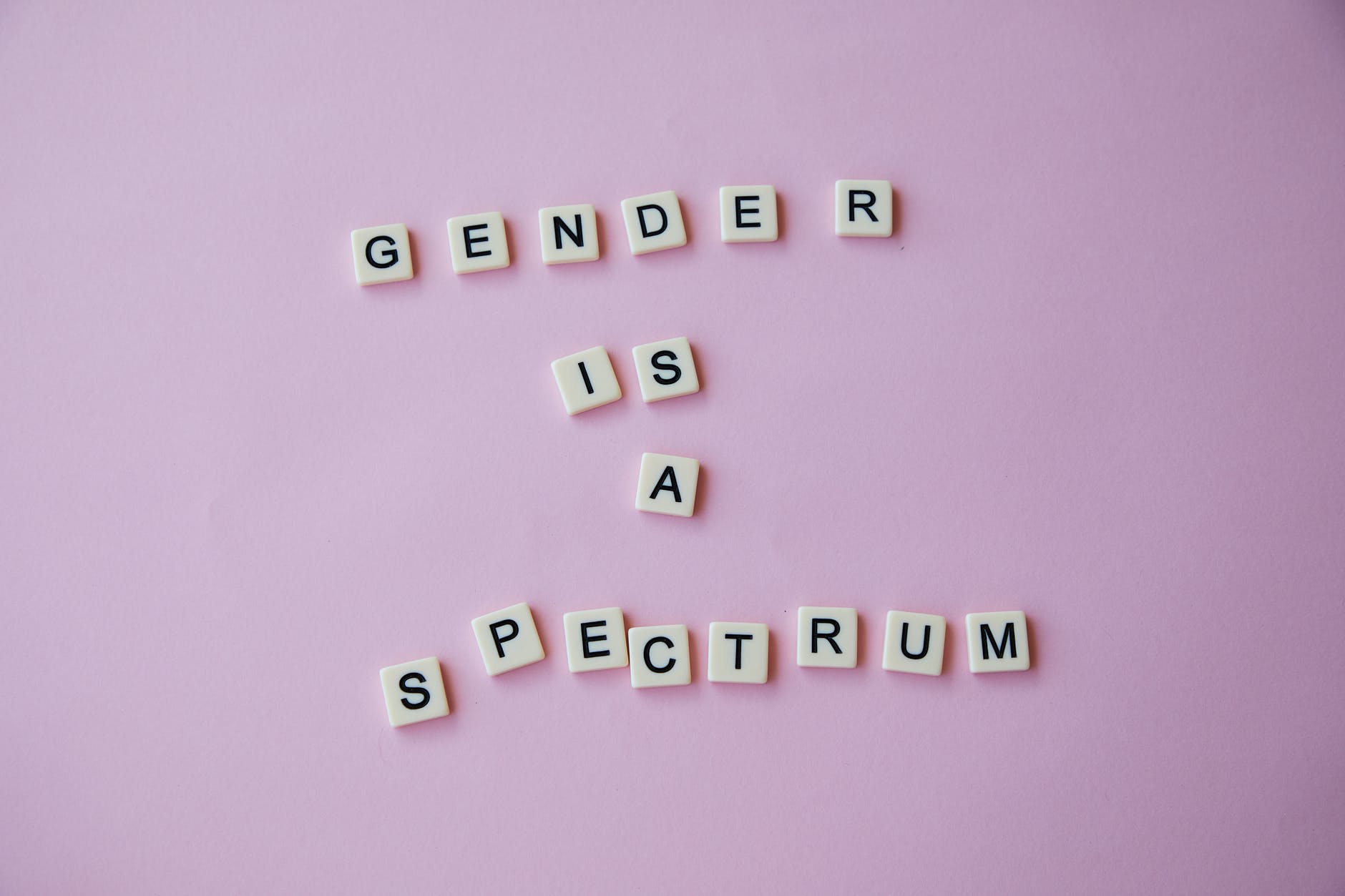Should putting your pronoun in emails, zoom calls and texts become standard practice? It can be a brilliant way to show allyship, but it can be deeply scarring for those who are still figuring it out.
I’m going back to school. Yep, I decided that I’m about to change the direction of my life and I’m retraining to become a therapist. It’s been a long time in the making. I used to volunteer for a well-known helpline and I’m always being told that I’m a good listener – heck, interviewing hundreds of people for this publication has really help hone my skills as a listener and good and inquisitive questioner.
But as I readied myself for the classroom, albeit online for the first semester, I was forced to confront an issue that i wasn’t quite ready to confront.
I‘ve spoken briefly before about my own gender identity and the trouble I’ve have it, and whilst I do identify as gay, I’m not entirely sure I identify as a man and whatever that means in today’s society. I’ve written before about how it just doesn’t feel right when someone refers to me that way, but weirdly I don’t mind the he/him/his pronouns, but wouldn’t necessarily attach them to myself. I’m definitely not a they, them their, perhaps more of a Ze/Zim/Zir. I just don’t know and that’s the issue.
This week I received a message from the institute where I’m about to start my course telling all students that pronouns would now be a requirement on Zoom calls. I know that the policy was written without malice and was a well intended piece of inclusiveness, but there’s a couple of reasons why pronoun usage should be encouraged rather than required.
I don’t mind admitting I’m already having anxiety pangs about starting a new course, but the idea of having to write a pronoun next to my name, felt like a chasm, that I’m just not ready or don’t know how to bridge just yet.
I know there will be people who will roll their eyes and say, “get a grip man,” but honestly aren’t we striving for a future where we’re all accepted and included, no matter how we identify or don’t?
I remember a conversation at that well-known helpline where a similar debate raged. Should we include our pronouns on emails and to callers. At the time, I didn’t really take that much notice, except being aware of a dark stirring of being uncomfortable about having to disclose something I haven’t come to terms with myself. A number of issues were raised by some in that meeting about pronouns, mainly that 1) if forced, or required that everyone disclose their identity it might force someone who hasn’t or isn’t quite ready to admit or confirm their identity to come out about it before they are ready. The second point was that if someone is forced to choose a pronoun before they are ready, the identity that they actually share maybe a lie – in order to fit in or because they fear judgement from others. Sitting with that lie next to their name would feel awful and deeply damaging.
The more I thought about it the more I started to tailspin about the first day and about how uncomfortable it might be – not just for me, but someone else who’s really not ready to have the conversation about their identity, especially in front of a group of new people – and over a Zoom call.
So should we use our pronouns wherever and whenever?

I would say this. If you’re comfortable doing it, then do it, particularly if you fear that you might be misgendered. It’s really important that you do let people know how you want to be referred to as.
But if there’s no fear that you will be misgendered, give a moment’s thought about why you’re doing it. It’s an awesome thing to do if your intension is to be an ally, but if it’s anything else, just stick with your name. When enforcing pronouns becomes a blanket policy – a requirement, it stops being a allyship move – and can actually cause more harm than good.
Encourage pronoun usage, but don’t force it.
It could also lead employers open to legal issues. Speaking to THEGAYUK back in 2019, Helen Hughes, legal director and employment law specialist at the law firm, Shakespeare Martineau spoke about the legal ramifications on employers asking their employees to state their gender publicly. Hughes told us,
“Although this may be introduced with the best intentions – to address individuals with respect and courtesy in the way that they wish to be referred to – employers must be wary about requesting information from employees that could impact the way they are treated. Although they can’t force you to disclose this kind of information, you should feel comfortable sharing preferred pronouns if you feel it important to do so.
“Forcing employees to reveal their pronoun preferences could leave employers open to discrimination claims, and employees feeling alienated.”
Helen hughes
Luckily after speaking to the institute they reversed the policy and added that people were encouraged to share their pronouns.
Opinions expressed in this article may not reflect those of THEGAYUK, its management or editorial teams. If you'd like to comment or write a comment, opinion or blog piece, please click here.


